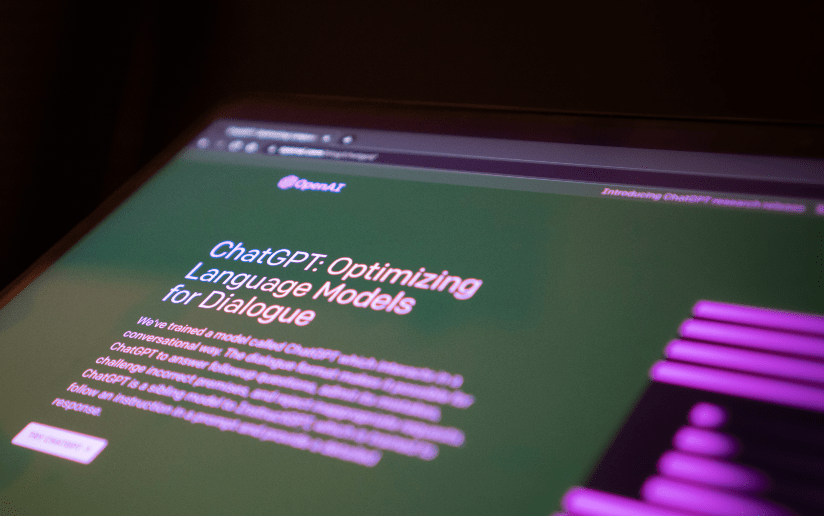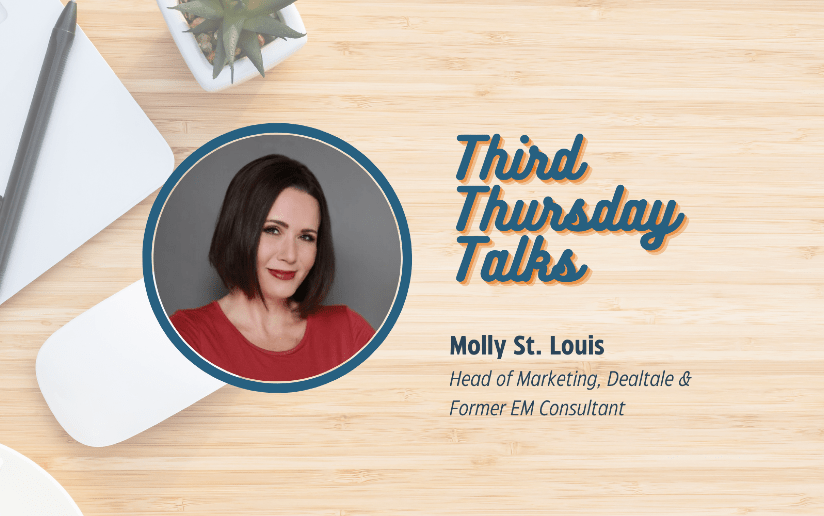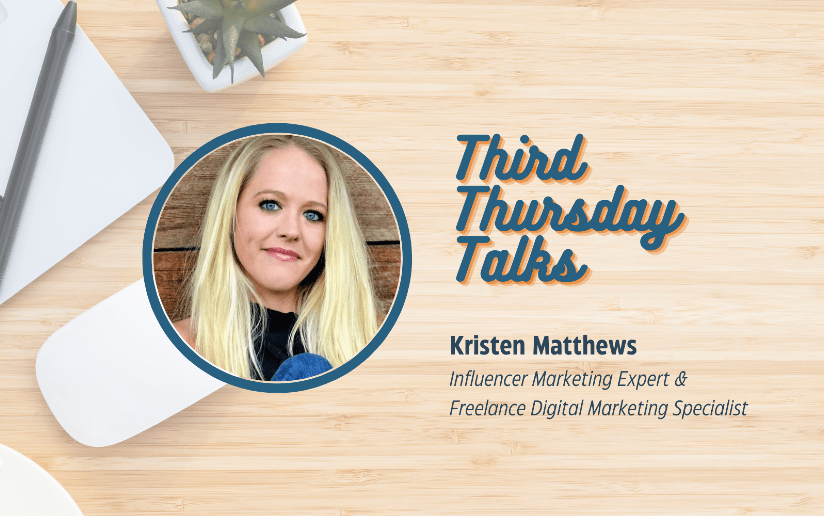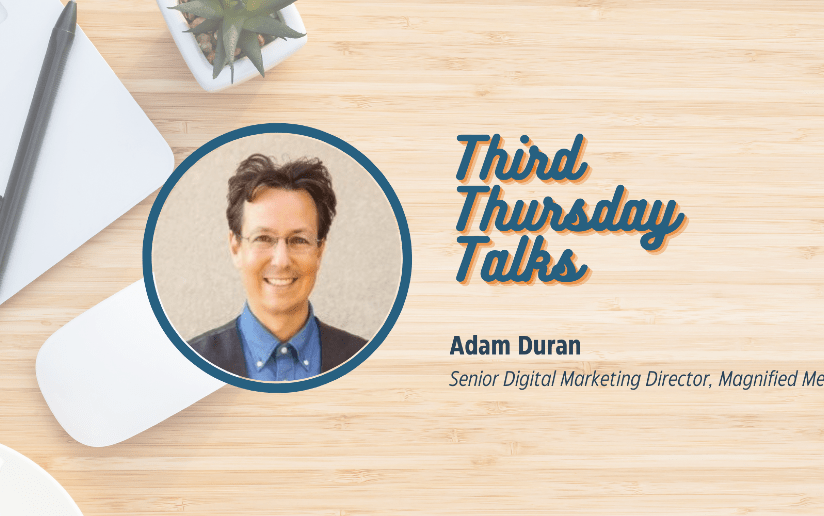
Consulting: Are You Using Emotional Intelligence?
When you engage with a client, you usually have a defined agreement with a set of deliverables and a single hiring manager. However, there are hidden guidelines that aren’t so straightforward, but can be of equal importance — a driving force behind the consulting project.
These are the emotionally-charged, ‘read between the lines’ goings-on within a group, company culture or the personal nature of the appointed manager. Essentially, the ability to gauge the emotional environment and to use emotional intelligence (EQ) to navigate a project is a large factor in driving success.
What Is Emotional Intelligence?

The most widely popularized use of the term “EQ” occurred in the 1995 book by Daniel Goldman called Emotional Intelligence: Why It Can Matter More Than IQ. This set in motion the theory that emotional intelligence can impact success as much or more than a person’s intellect.
Travis Bradberry, author of Emotional Intelligence 2.0, in a January 2014 Forbes article, refers to EQ as “the other kind of smart… that affects how we manage behavior, navigate social complexities, and make personal decisions that achieve positive results.”
EQ in the Workplace
As an employee or a consultant, unveiling the political dynamics and personal idiosyncrasies of groups, business units and managers can help you make a true difference.
In fact, a leading tester of EQ, TalentSmart, tested emotional intelligence alongside 33 important workplace skills, and found that “emotional intelligence is the strongest predictor of performance, explaining a full 58% of success in all types of jobs.”
Using EQ – 5 Tips for Consulting Success
1. EQ Assessment from the Get-Go
When first starting out on a consulting project, it’s a good idea to assess the political nuances of the team. The person who funds the project may not be the same as the driver of success, the main influencer or the person with the most in-depth knowledge about the business. It’s important to know who hired you and why, but there are outlying factors to your success.
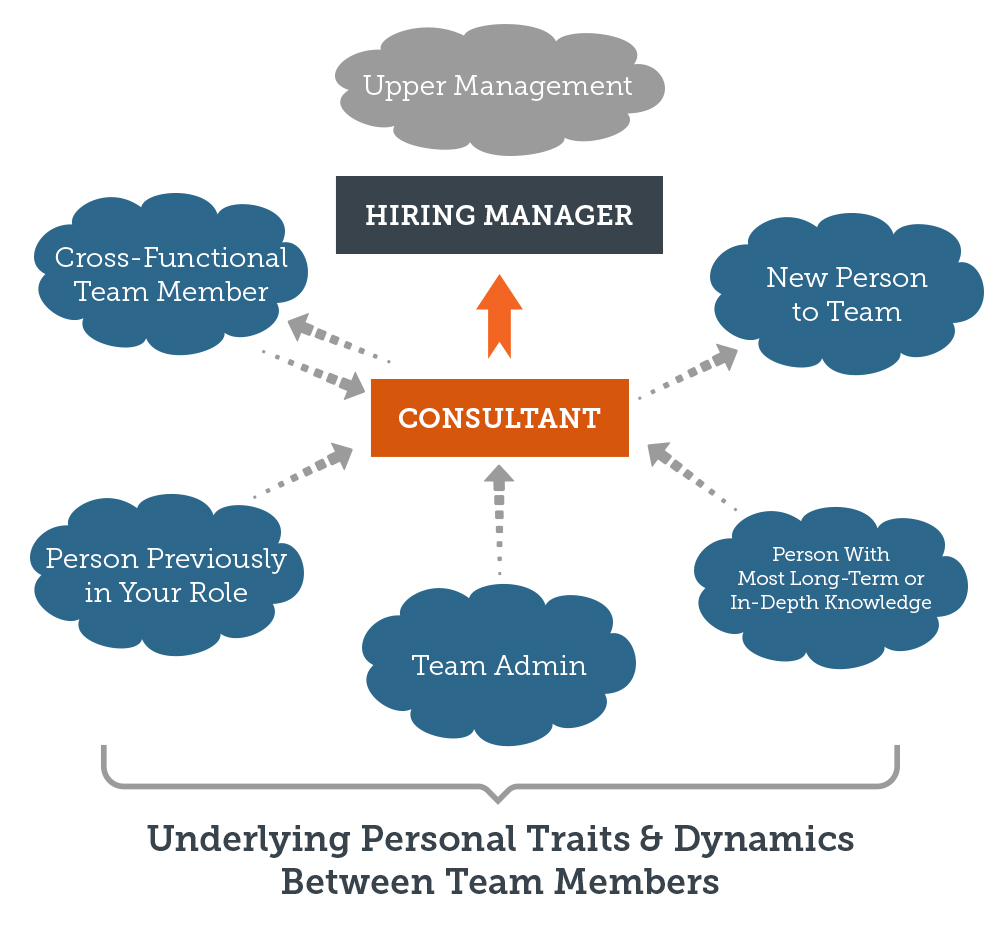
2. Be the Backup Dancer
As consultants, you may feel a driving need to make an impact – that you’re adding value. But, as someone who was brought in on a temporary basis, you have to remind yourself that your ego takes a back seat to your impact.
Employees want to make themselves look good. Climbing their career ladder requires that permanent employees put themselves in the spotlight. As a consultant, you are the backup dancer – you have been hired to make that lead singer look good and round out the whole performance. Try not to be so inner-focused that you fail to see the bigger picture.
3. Company Culture Trumps “GSD”
By nature, consultants drive to Get Stuff Done (GSD). Sometimes, this isn’t always the most important part of the equation though.

Nancy Keith Kelly started a new project at a large SaaS company after having had experience at a variety of companies such as HP, Apple, FleishmanHillard and smaller startups.
When Nancy started her new project she noticed small differences at first – people were wearing jeans and hoodies instead of skirts and heels. Then she started to piece together that missing a few days on deadlines at SaaS companies has less implications than hardware companies with long lead times. In meetings, Nancy realized that a lot of the team members were new and there seemed to be a lot of helping each other out and collaborating across roles.
Given the job of revamping highly visible content on the website, Nancy sensed urgency on the part of her manager and upper management. But at the same time, she came to realize that collaboration from all team members was more important than hitting a swift deadline. Nancy built consensus and cross-team approvals into her timelines to meet a new, extended deadline – effectively delivering a better result.
4. Your Manager Is Not Your Best Friend
Unless your best friend is the person that hired you, your manager is not your best friend. You may really click with them. They might even tell you that they really like your personality. What you really want to hear from them is that they like your work and that’s all that matters. No amount of sharing cat videos, gossiping about The Real Housewives or sharing fine wine and restaurant recommendations is going to get them to recommend or hire you back.
One particular consultant felt like he had a really good relationship with his manager. Close to the end of the engagement, the manager said they would even help find the consultant a new engagement.
When the consultant found his own work at a different company that overlapped with the current project (totally fine since consultants by nature are not employees and most of the time are under NDA), the consultant told the manager of his good fortune.
To the consultant’s surprise, the manager was outraged, personally walked the consultant out of the building and ended the contract three weeks early.
Managers have their own lives, their own best friends and most importantly, they want you there to help them in their job. If you end up becoming friends with them, that friendship always takes a back seat to the manager’s own personal job success.
5. Pointing Out How to Fix Things May Ruffle Feathers
As noted above, consultants like to drive forward and get stuff done. Often, we have the advantage of outside perspective and critical eyes for what’s not working. But no one likes to hear what’s wrong with their management, organization or processes – especially from someone who has been at the company for a short time.

Liz Laub joined a client’s team that had a number of consultants rotate through the role. There were different personalities in different locations, making the need for delicate management of utmost importance. Immediately, Liz identified some of the problems that were getting in the way of progress.
Suggesting change is tricky. To address the issues, Liz decided to set up a 45-minute-long weekly meeting to bring all the team members together. She created a report of all of the team’s prioritized initiatives that was reviewed by all, giving transparency without judgment.
The meetings objectively revealed stumbling blocks and enabled the extended team to make sure resources were aligned and the right priorities were appropriately ordered by importance. Her meeting became so effective that people who weren’t invited started attending to be a part of the team effort.
Do you have any stories where your EQ helped you work through a tough project? Please share in the comments below!




